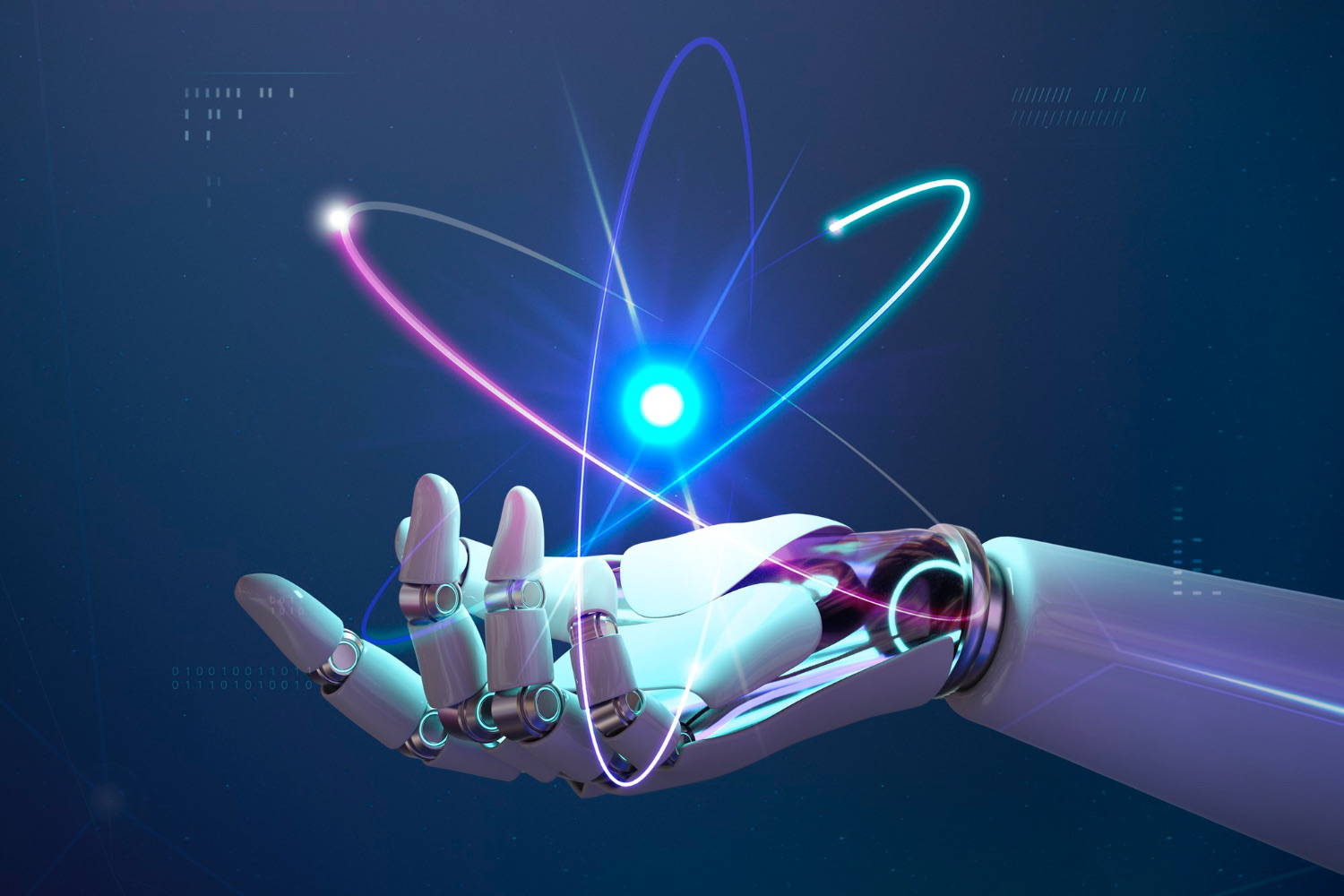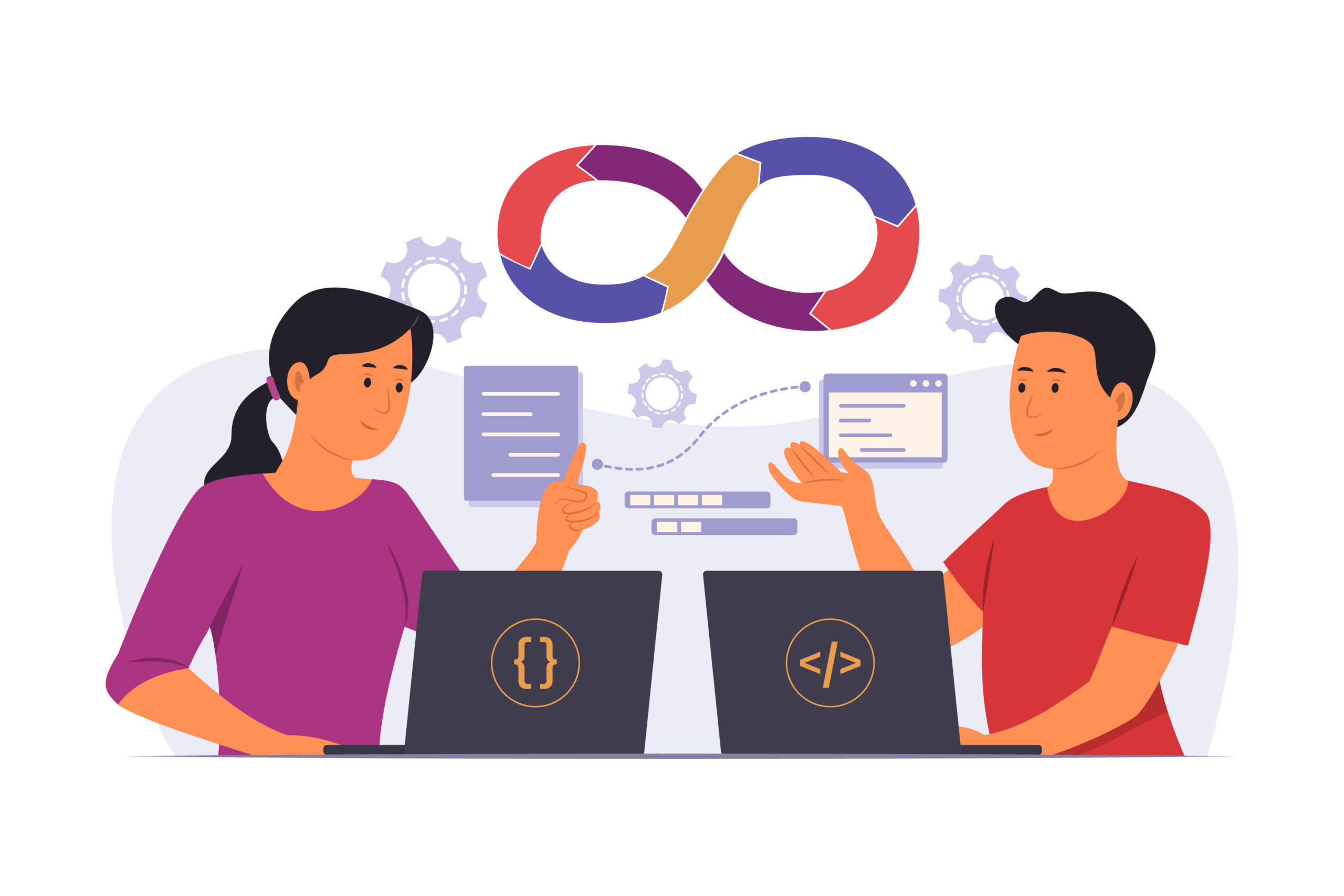Introduction
Artificial Intelligence (AI) has emerged as one of the most transformative technologies of our time, revolutionizing various aspects of human life. From self-driving cars to voice assistants, AI has integrated seamlessly into our everyday lives, shaping industries and propelling us into a new era of innovation. In this blog, we will embark on a captivating journey to explore the wonders of artificial intelligence, delve into its potential, and understand the implications it holds for the future.
Defining Artificial Intelligence
Artificial Intelligence refers to the development of computer systems capable of performing tasks that typically require human intelligence, such as visual perception, speech recognition, decision-making, and problem-solving. AI systems employ algorithms and vast amounts of data to simulate human-like cognitive processes and extract valuable insights, enabling them to adapt, learn, and make autonomous decisions.
Machine Learning: The Backbone of AI
At the core of AI lies Machine Learning (ML), a subset of AI that empowers systems to learn from data without explicit programming. ML algorithms enable computers to analyze vast datasets, recognize patterns, and make predictions or decisions based on the identified patterns. With the ability to continually refine their performance through feedback loops, ML models can adapt and improve over time, making them invaluable in applications ranging from fraud detection to personalized recommendations.
Deep Learning: Unveiling the Hidden Potential
Deep Learning is a subfield of ML that focuses on training artificial neural networks with multiple layers, mimicking the structure of the human brain. These neural networks can process and interpret complex data such as images, audio, and text, leading to remarkable advancements in computer vision, natural language processing, and speech recognition. Deep Learning has fueled breakthroughs in diverse domains, including healthcare, finance, and autonomous systems, and holds immense promise for future innovations.
AI Applications: Transforming Industries
The impact of AI can be witnessed across various industries, where it has disrupted traditional approaches and unlocked new possibilities. In healthcare, AI is enhancing diagnostics, drug discovery, and patient care, enabling earlier disease detection and personalized treatments. AI-powered chatbots and virtual assistants are transforming customer service, offering 24/7 support and tailored experiences. In finance, AI algorithms are revolutionizing fraud detection, risk assessment, and algorithmic trading. Moreover, AI is reshaping transportation, agriculture, manufacturing, and many other sectors, ushering in unparalleled efficiencies and productivity gains.
Ethical Considerations: Striking the Right Balance
While AI brings forth incredible opportunities, it also raises important ethical considerations. The potential biases embedded in training data can result in discriminatory outcomes. Ensuring fairness, transparency, and accountability in AI systems is crucial to mitigate such risks. Privacy concerns also arise as AI systems process massive amounts of personal data. Striking the right balance between technological advancements and ethical safeguards is essential to foster trust and maximize the benefits of AI for society as a whole.
The Future of AI: Possibilities and Challenges
Looking ahead, the future of AI holds immense potential. As technology advances, we can anticipate breakthroughs in areas such as reinforcement learning, robotics, and explainable AI, enabling us to build more capable, interactive, and interpretable systems. Collaborations between AI and other transformative technologies like blockchain, quantum computing, and the Internet of Things (IoT) will amplify the impact of AI and drive innovation to new frontiers. However, challenges remain, including the need for responsible AI governance, addressing job displacement concerns, and ensuring that AI remains aligned with human values.
Conclusion
Artificial Intelligence has become an indelible part of our lives, shaping the world around us and propelling us towards a future marked by unprecedented innovation and possibilities. Its applications span across industries, transforming the way we live, work, and interact.












Mark
Thanks for your blog, nice to read. Do not stop.
Minovative
Thank you for your reply. Sure we keep posting.
Tresa
Wow, amazing weblog layout! How long have you ever
been blogging for? you made blogging glance easy. The
overall glance of your website is fantastic, let alone the content!
You can see similar here e-commerce
not financial advice
An impressive share, I simply given this onto a colleague who was doing a bit evaluation on this. And he in actual fact purchased me breakfast as a result of I discovered it for him.. smile. So let me reword that: Thnx for the deal with! But yeah Thnkx for spending the time to debate this, I really feel strongly about it and love reading more on this topic. If possible, as you turn out to be experience, would you thoughts updating your weblog with more details? It is highly helpful for me. Large thumb up for this weblog put up!
Jake
You actually make it seem really easy with
your presentation but I find this matter to be actually one thing that I believe I would never
understand. It seems too complicated and very broad for me.
I’m taking a look forward to your subsequent publish,
I will try to get the hang of it! Najlepsze escape roomy
Juliann
Good article and straight to the point. I am
not sure if this is actually the best place to ask
but do you folks have any thoughts on where
to hire some professional writers? Thanks 🙂 Najlepsze escape roomy